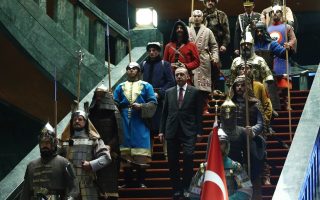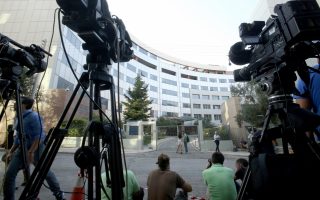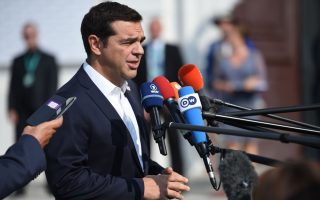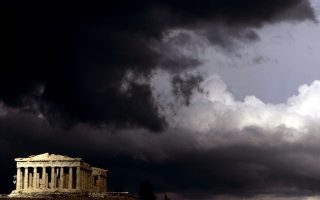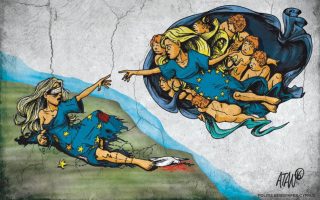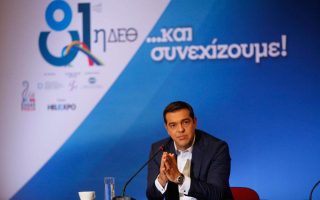Challenging times for the Church
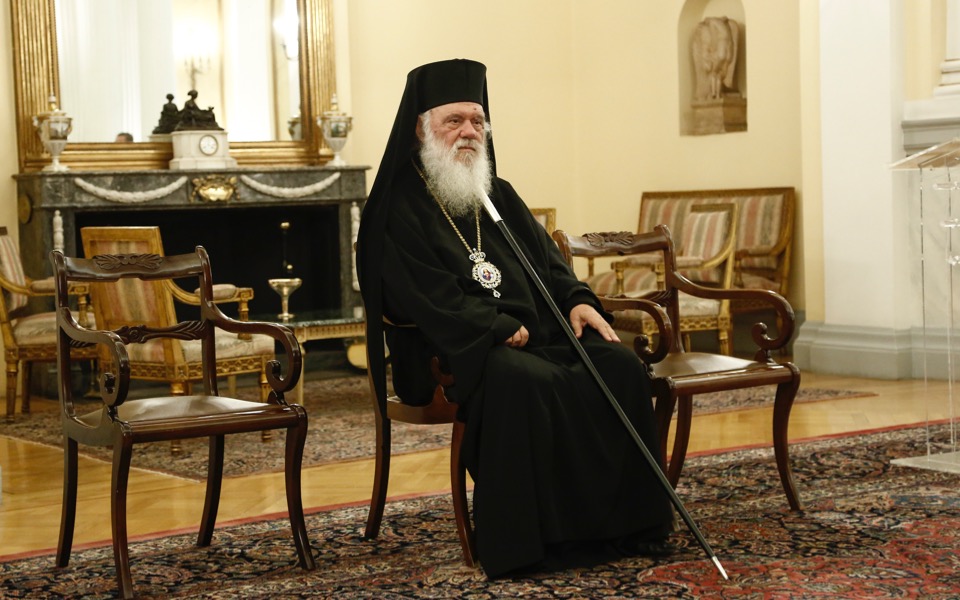
Archbishop Ieronymos’s reaction to the government’s new program for religion studies in Greek schools – which he called “unacceptable and dangerous” – was expected and quite correct from the head of the Church of Greece, though perhaps late in coming, reactive rather than proactive and quite possibly ineffective.
The rift in ties between Church and state has been smoldering since 1988, when the MPs of PASOK and Greece’s two communist parties ratified a law by then education and religious affairs minister Antonis Tritsis that was aimed at restricting the Church’s administrative and economic independence. The Tritsis law was never implemented because it foresaw monastery property being conceded to the state and because the abolition of secular participation in metropolitan church councils was only sealed by a draft between then prime minister Andreas Papandreou and Archbishop Serafeim.
The issue, therefore, of Church versus state, remains open. But, Prime Minister Alexis Tsipras is not Andreas Papandreou and the ideological obsessions of his SYRIZA party are far greater than those of PASOK. Even New Democracy is no longer a conservative party in the traditional sense of the term. Most importantly, though, the political trend in Europe is anti-church and Western societies are prevalently agnostic. If the Education Ministry’s religious studies curriculum were to be presented to European authorities, it would no doubt be approved.
Of course, the Church’s role has been catalytic, and not just for religious reasons, but also because it safeguarded linguistic continuity in Greece. During the Ottoman occupation, country priests may not have understood every word of the Bible – and the congregation even less so – but everyone followed the hymns and sermons, and through these kept in touch with the common Greek language. Later, when the independent Greek state was founded, the Church was instrumental in bringing together Greeks who spoke different languages and kept different traditions.
These are the issues that the Church has a duty to bring to the fore. After all, it is not just a charitable organization, though that does not mean we should be looking for a new Savonarola who is Greek and Orthodox.
Since World War II, the Zoe Brotherhood of Theologians was the only church body to develop a program of spiritual and social activities. However, in-fighting and its alliance with junta regime led to its decline. Since 1988, only Archbishop Christodoulos dared to challenge the system and he was lambasted by priests and reformist politicians.
The past can never be brought back and the Church faces many challenges that are much bigger than those posed by SYRIZA. If it doesn’t confront them, all we’ll be left with is our parish priest.
